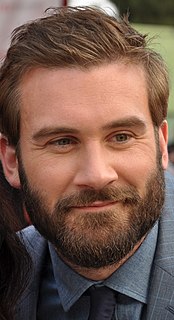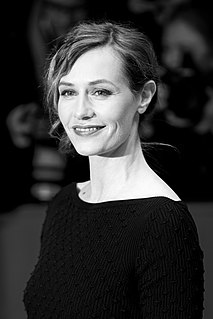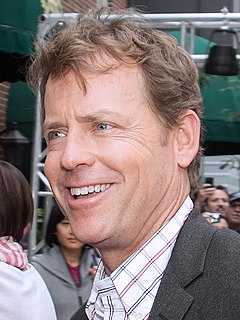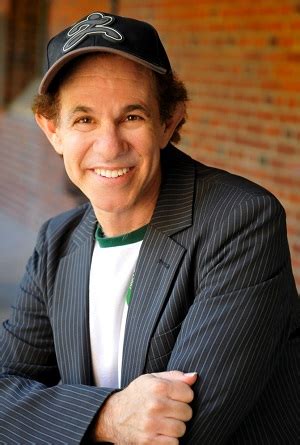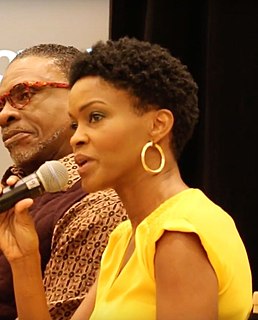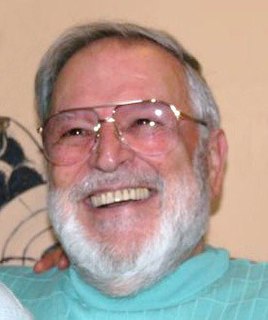A Quote by Karen Kingsbury
Secular writers can tell a story about the physical, the emotional, and the intellectual parts of a character. But no matter how well they tell the story, they miss a facet that is innately part of all of us - the spiritual.
Related Quotes
If you gauge how you're doing on whether somebody is responding vocally or not, you're up a creek. You can't do that; you kind of have to be inside of your work and play the scene. And tell the story every day. Tell the story. Tell the story. Regardless of how people are responding, I'm going to tell the story.
Too many writers think that all you need to do is write well-but that's only part of what a good book is. Above all, a good book tells a good story. Focus on the story first. Ask yourself, 'Will other people find this story so interesting that they will tell others about it?' Remember: A bestselling book usually follows a simple rule, 'It's a wonderful story, wonderfully told'; not, 'It's a wonderfully told story.'
Memoirists, unlike fiction writers, do not really want to 'tell a story.' They want to tell it all - the all of personal experience, of consciousness itself. That includes a story, but also the whole expanding universe of sensation and thought ... Memoirists wish to tell their mind. Not their story.
One of the ways in which writers most show their inventiveness is in the things they tell us about how they write. Generally speaking, I don't like to make a plan before I've written a story. I find it kills the story - deadens it, makes it uninteresting. Unless I'm surprised by something in a story, the reader's not going to be surprised either.
When I make film music, I'm a filmmaker first and foremost. It's about serving the needs of the film. You're telling a story; in a way, you stop becoming a composer and become a storyteller instead. You tell the story with the most appropriate themes. How you approach these things is a very personal matter, but your goal is to tell the story first.
If you are, as an actor, are just worried about looking pretty and being well liked, then I personally feel you are doing a disservice to your audience, the craft, the creative process, writers, and directors. Your job is to tell a story and to tell the truth, and we can't always be the most likeable character in every situation.
When I was there at Marvel, everybody thought if you could draw well and you could do sensational panels, that you were going to be a success. The truth is that no matter how good or bad you are as a draftsman, if you can't tell a story, you don't last in comics. ...About halfway through my stay at Marvel, I realized I was being paid to tell a story, not do a drawing. That's why my stuff is always rather simple and uncomplicated compared to a lot of guys.




